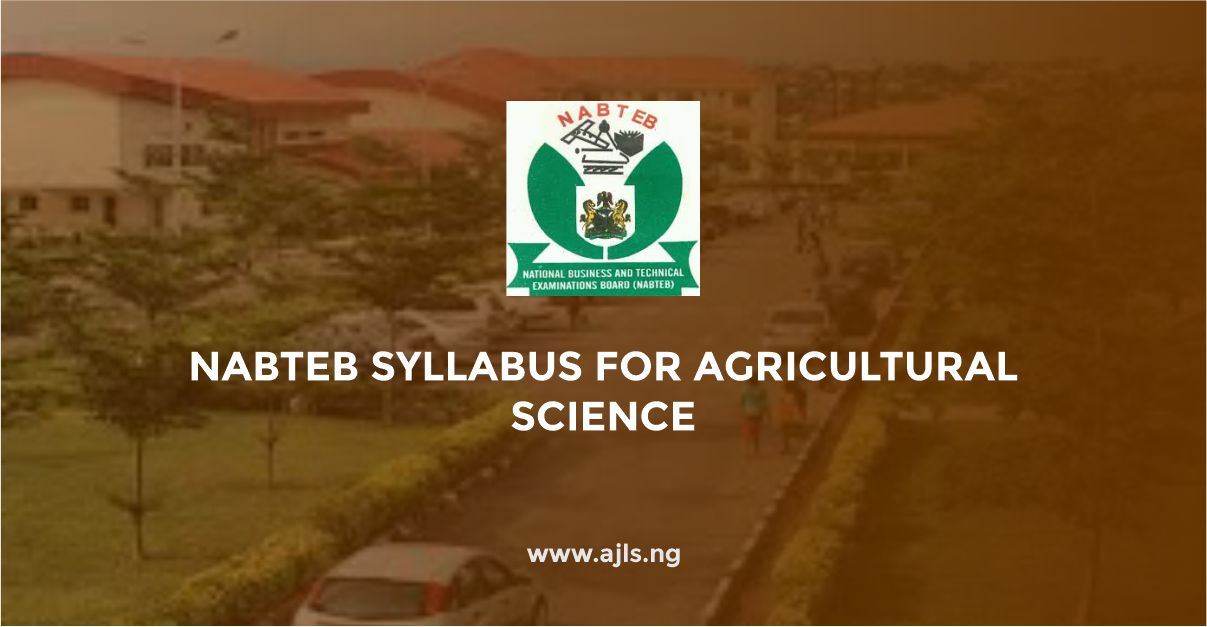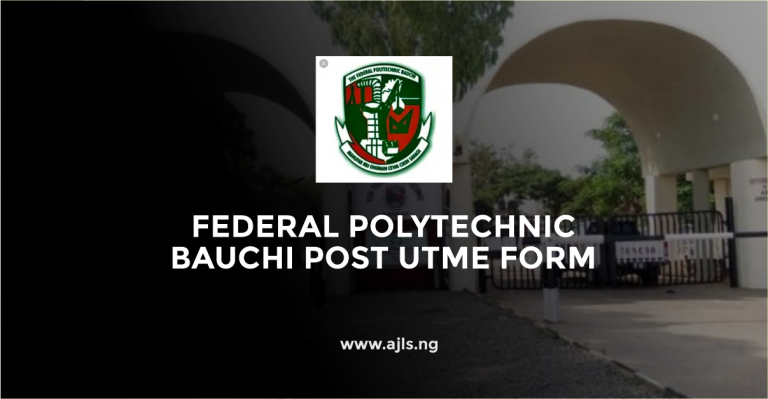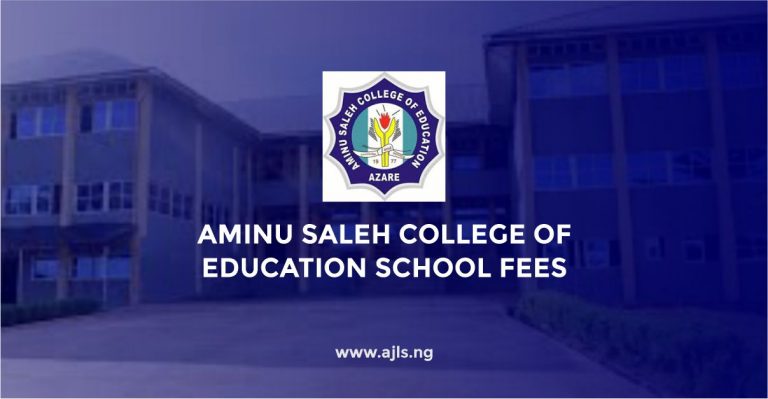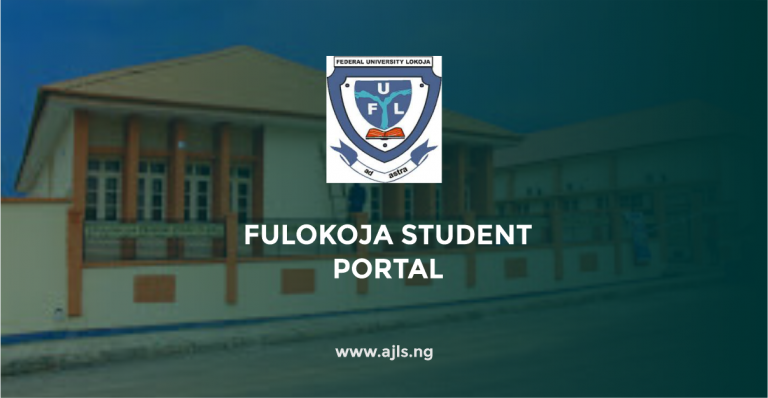NABTEB Syllabus For Agricultural Science

The NABTEB 2025 examination is just around the corner, and to help candidates prepare properly, NABTEB has officially released the syllabus for all subjects, including Agricultural Science.
For candidates diligently preparing for the upcoming National Business and Technical Examinations Board (NABTEB) Agricultural Science examination and seeking the most effective study materials for achieving excellence, NABTEB has officially released the comprehensive syllabus.
This meticulously crafted document serves as a fundamental and comprehensive guide, specifically designed to support students throughout their preparation process and guide them towards academic success. It provides a highly detailed and clear roadmap, meticulously outlining the entire scope of topics that constitute the curriculum, explicitly stating the educational objectives and expected learning outcomes for each distinct area of study.
By thoroughly engaging with this syllabus, students will develop a deep and nuanced understanding of critical elements, including the overall course perspective, key learning aims, mandatory topics, diverse assessment strategies, official grading standards, a suggested study timeline or progression, and all necessary educational resources. This structured and informed approach is designed to ensure candidates are exceptionally well-prepared and can approach their examination with confidence.
NABTEB Syllabus For Agricultural Science
Here is a detailed look at the NABTEB Syllabus for Agricultural Science, outlining the key components and learning areas covered in the curriculum:
Course Objectives
The syllabus aims to:
- Provide students with an understanding of the basic principles and practices of agriculture.
- Develop practical skills related to crop and animal production.
- Encourage the application of agricultural knowledge in solving real-world problems.
- Promote awareness of sustainable farming methods and environmental conservation.
Core Topics
- Introduction to Agriculture – Definitions, importance, branches, and roles in national development.
- Soil Science – Types, properties, conservation, and fertility maintenance.
- Crop Production – Classification, propagation methods, pest/disease control, harvesting, and storage.
- Animal Husbandry – Types of farm animals, breeding, nutrition, management, and common diseases.
- Agricultural Economics and Extension – Basic economic principles, farm management, marketing, and extension services.
- Agricultural Engineering – Farm tools and machinery, maintenance, irrigation, and drainage systems.
- Ecological Zones and Farming Systems – Influence of climate, vegetation, and topography on farming.
- Agroforestry and Fishery – Concepts and practices in integrated farming.
Examination Structure
- Paper I (Objective): Multiple-choice questions covering all content areas.
- Paper II (Theory): Essay questions that test deeper understanding and the ability to apply agricultural concepts.
- Paper III (Practical): Hands-on tasks and identification tests based on real-life agricultural materials and specimens.
Recommended Study Resources
- NABTEB syllabus booklet.
- Agricultural Science textbooks approved by Nigerian educational authorities.
- Practical notebooks and manuals on crop and animal farming.
Conclusion
The NABTEB syllabus for Agricultural Science serves as a vital academic tool that bridges theoretical knowledge with practical application, preparing students not only for examination success but also for meaningful engagement in the agricultural sector.
By covering a wide array of topics from soil science and crop production to animal husbandry and agricultural economics, it equips learners with the comprehensive skills and understanding needed to thrive in both academic and real-world farming environments.
The syllabus fosters a mindset of sustainability, innovation, and problem-solving, making it a cornerstone for future agricultural professionals and a significant contributor to national development.
As such, it stands as an invaluable tool for both educators planning instruction and students structuring their study, clearly defining the subject matter to be taught and learned, the specific methods and criteria through which knowledge and practical skills will be assessed, and the essential learning materials required for optimal educational engagement.





